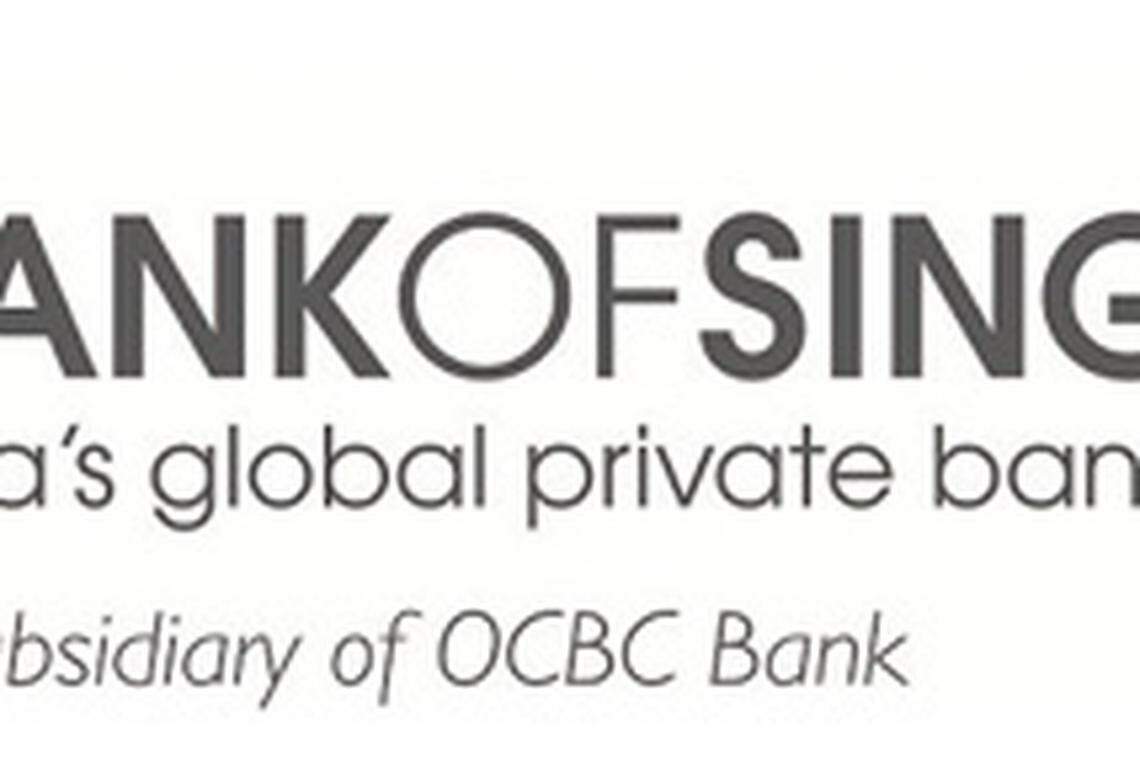Playing by the rules
Setting ground rules to deal with conflicts helps families stay together and preserve wealth

ONCE in a while, a bitter family dispute involving millions of dollars in assets breaks into the open as family members fight it out in court.
Such public tussles often wreak irreparable damage to family ties and end up eroding not just the family's wealth but also the legacy that a founding patriarch or matriarch - often by then deceased - had built during his or her lifetime.
Conflicts are almost inevitable, says Bank of Singapore managing director and head of wealth planning Lee Woon Shiu. But with foresight and planning, they need not escalate to the point of irreparable harm.
"We want to encourage families to accept that conflicts will occur, and deal with them in a very systematic way to ensure that family harmony is preserved. If every family takes away valuable lessons from each conflict, going forward, the ties will become stronger and the family becomes more united in their common purpose."
A lawyer by training, Mr Lee has had over 18 years of experience in trust and wealth-structuring advisory for high net-worth clients.
He says that conflicts often arise because of limits on resources, which become even more limited as the family grows beyond the second or third generation. Typically, a family business is at the heart of assets, but conflicts may also arise when the estate comprises mainly financial assets.
In a family business, the three-circle model conceptualised at the Harvard Business School helps to illustrate the potential sources of conflict. In the model, three interdependent circles overlap and comprise family, business and ownership. The model suggests that the long term success of any family business depends on the functioning and mutual support of each group in each circle.
Right at the centre of the overlapping circles sits the family owner who also works in the business. Says Mr Lee: "Everyone wants a bigger share of the overlapping sections and that's where conflicts arise. But the person at the core has the power to decide how much the overlap will be, and how to resolve the different conflicts. It's important for the person in the middle to stamp his authority and set the ground rules."
Failure to set ground rules while the business owner or founder is still alive means the issue will be passed on to future generations. By that time, the number of family members would have grown while the pie of assets may not have expanded as much.
"If you don't set the ground rules, everyone has a fair chance of competing and they will compete because they are by nature very successful people. But with rules, everyone will recognise that he or she has a part to play, maybe just not in the same way. They may say - I don't enjoy the management control and decision-making process. But I'm a big holder of preference shares which come with benefits but not voting rights, and I'm happy."
The traditional approach of succession is that a founder opts to divide the assets - including the family business - equally among his or her children. An alternative approach is to leave the business to the family member who is best-suited to run it. To ensure a more equitable asset distribution, the family head may consider strategies to expand the financial assets. One commonly used instrument is insurance either via a private-insurance placement or a universal life policy.
Social capital
There are a number of principles that can smoothen the process. One is to make an inventory of one's entire legacy including financial, social and human capital. Social capital includes philanthropic efforts.
"Map out the capital. How do I want to allocate this; who is best-suited to manage my social capital, and human capital (the management of the talents of family members)? Give family members different parts to play and they'll be happy."
A second principle is to have a clear view of potential risk areas. These include taxes and marital issues. Divorce could subject the family's assets, including a business, to dispute and potential erosion. "When marital issues arise, there must be a mechanism to resolve it... Company shares can be temporarily transferred (from the divorcing family member) to protect the assets. If this isn't done proactively, by the time the conflict reaches a stage where there is a claim, the in-laws may have their hands on the assets... Family members have to know that the shares are not being taken away permanently but as a temporary protection mechanism for the family."
Tax issues arise as family members move to countries where taxes, including estate duties, may be onerous.
"Have at the back of your mind where these exposures are. Before a family member moves away, the family council should have a breakout session to draw on resources such as lawyers and advisers, and do some planning. We can coordinate the resources for them, and have auto-trigger mechanisms so the family isn't groping in the dark."
A third principle is to be open to new structures and solutions. "Structuring strategies are evolving. Sixty years ago, there wasn't anything like private trust companies," says Mr Lee. In a traditional family trust, the trustee is typically a trust-services company. Today, in a private trust company, family members may be named as trustees. "We've seen old structures from 70 years ago where the family can't move or manoeuvre even though tax-wise the structure isn't the best. There must be exit mechanisms to allow the family to evolve."
Mr Lee says there is typically a wealth threshold that may warrant some structuring, perhaps when wealth is at a "mature" phase of between US$15 million and US$25 million. For wealth greater than US$25 million, more complex structuring may be warranted. "If clients have less than US$5 million, something simple such as a will suffices and we don't get involved. For wealth of US$5 million to US$10 million, a family may consider insurance to increase the pie or a simple trust so there are no disputes."
For ultra-high net-worth clients with wealth of over US$25 million, there is typically no pre-set solution. "We look into his family profile to see what's best for him. If he is in a sunset industry and the children don't want to help him, one of our advice is to consider exiting his business. If you don't have new ideas to revive it, hanging on prolongs the agony when you can't create more wealth from it. It may be better to exit at a good price and we can device solutions to try to increase the pot through financial investments and portfolio management." w
Brought to you by

BT is now on Telegram!
For daily updates on weekdays and specially selected content for the weekend. Subscribe to t.me/BizTimes
New Articles
Digital Core Reit Q1 distributable income slips 2.4% to US$10.6 million
BT subscribers can now share 5 premium articles a month with unlimited number of non-subscribers
First Reit reports 3.2% lower Q1 DPU of S$0.006 amid interest rate, forex headwinds
Vietnam holds first gold auction in 11 years to stabilise market
How Hudson Yards went from ghost town to office success story
Hot stock: Nanofilm jumps 13.1% amid heavy trading on improved Q1 results
